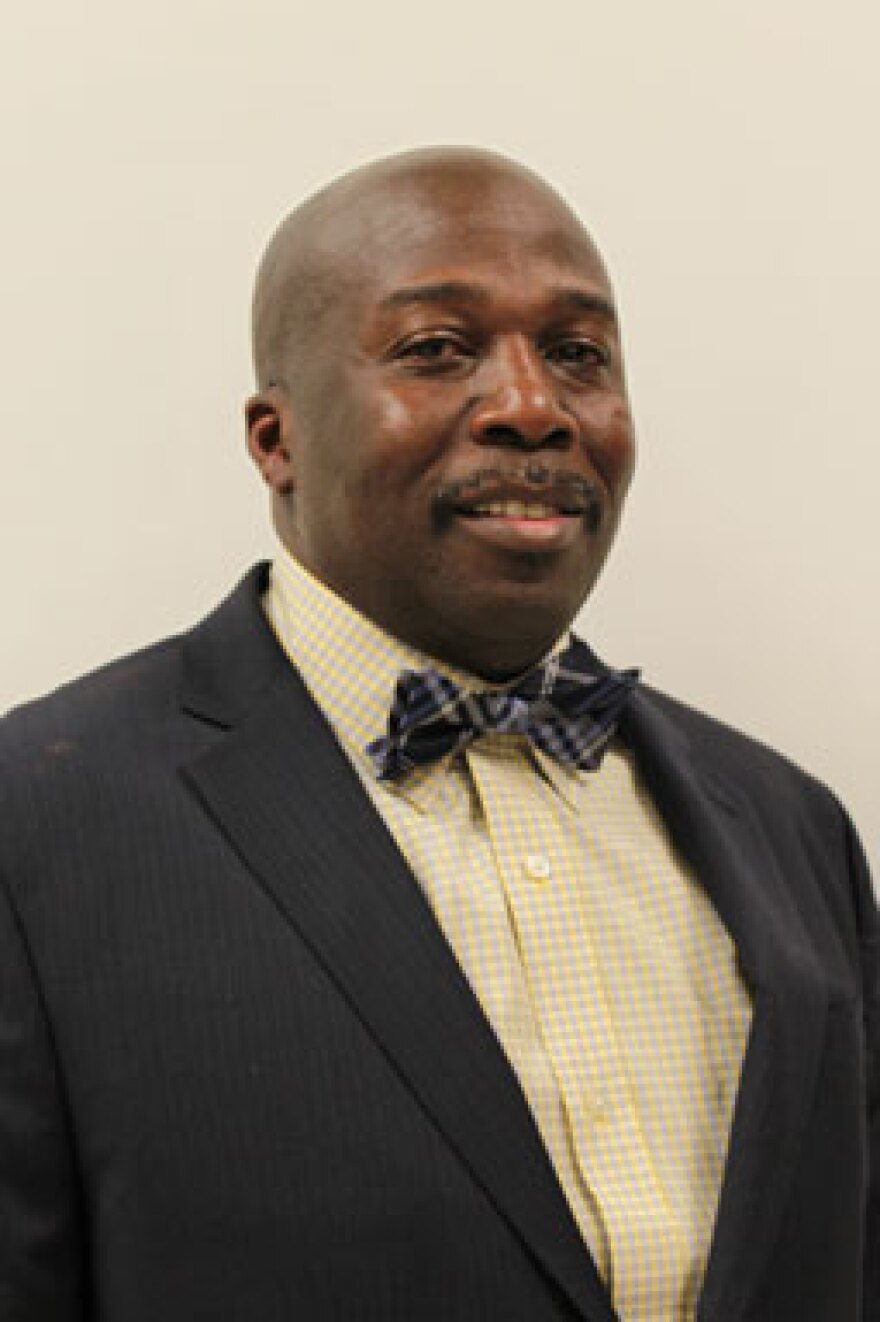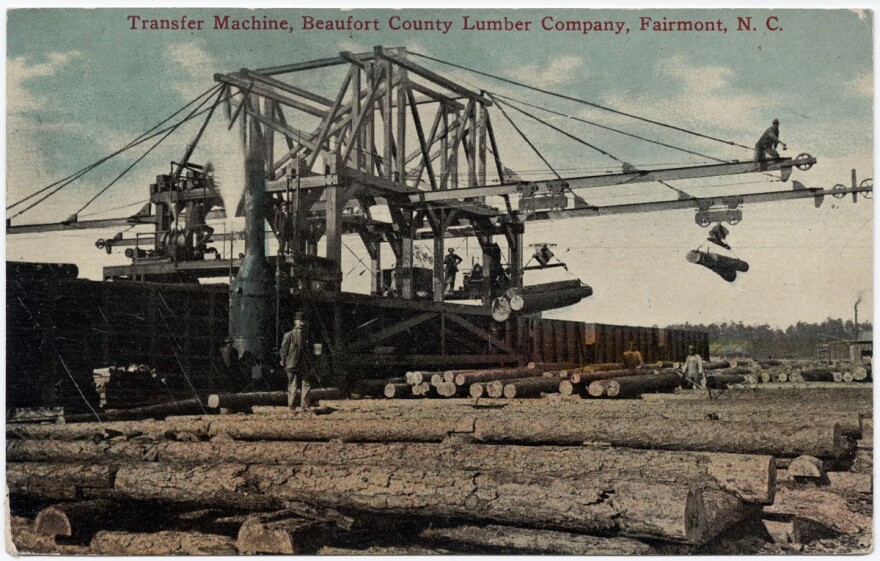Summers were spent at his fatherŌĆÖs gas station. Charles Townsend met all sorts of folks while manning the ice house. In the muggy lowlands of Robeson County, ice was a sought after commodity ŌĆö no matter if you were raising tobacco or bidding on it in the warehouses. But as the cash crop went into decline, and Townsend considered his career prospects, he chose to leave the town of 2,000 people to work in retail.


Since returning, Townsend has rediscovered the townŌĆÖs character. Through working a variety of jobs, from substitute teacher to insurance agent, he measured the needs of his community. That experience urged him into public service.
At the beginning of his mayoral tenure, he used his leadership to prioritize skills-training and instilling confidence in the townŌĆÖs young people, as he would have wanted for himself. But after witnessing main street shutter, he could no longer deny the discouraging realities of rural economics. Holding out hope for sustainable development in the wake of timber, textile and tobacco, he continues balancing the need for strong education with economic initiatives.
But COVID-19 has presented yet another challenge: two of the areaŌĆÖs largest employers, meat processors and the state prison system, are hot spots for infection.
Host Frank Stasio talks with about his changing understanding of success in the small community.


